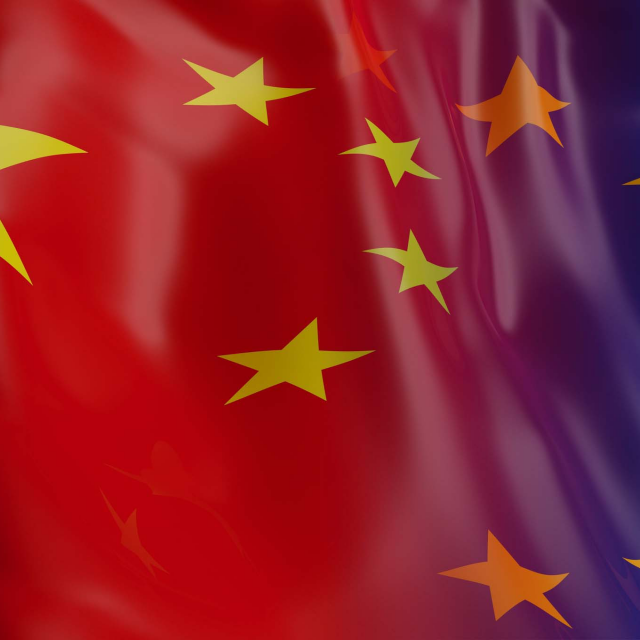Photo by Phill Brown on Unsplash
European Council President Charles Michel’s Chief Diplomatic Adviser, Simon Mordue has been selected as Deputy Secretary General of the European External Action Service (EEAS).
He will take up his duties on 1 July.
Prior to that he will complete a short term assignment on Ukraine for the Commission.
Magdalena Grono, Senior Foreign Policy Adviser to President Michel will take up the role and duties as Chief Diplomatic Advisor.
On Wednesday, former Belgian PM Michel said he wanted to “personally thank” Mordue for his “professionalism, dedication and commitment.”
Michel added, “His contribution has made an impact on EU foreign policy successes and has been highly valued at home and abroad. I wish him all the best in his new endeavour while confident of the great added value he will bring to the EEAS.”
In other EU news, the EU-New Zealand trade agreement has entered into force.
It will, says the EU, open “new opportunities” for EU exporters.
Under the deal, which comes into effect from 1 May, EU businesses, producers and farmers are now able to take advantage of a host of new export opportunities.
The EU-New Zealand trade agreement is expected to cut €140 million a year in duties for EU companies.
A commission spokesman said that, thanks to the deal, EU-New Zealand trade is expected to grow by up to 30% within a decade, with EU exports potentially growing by up to €4.5 billion annually.
EU investment into New Zealand has the potential to grow by up to 80%, it is claimed.
The “landmark” agreement also includes unprecedented sustainability commitments, including respect of the Paris Climate Agreement and core labour rights.
EU farmers will benefit from the elimination of tariffs on key EU exports such as pig meat, wine and sparkling wine, chocolate, sugar confectionary and biscuits.
“Moreover,” said the spokesman, “the agreement protects the full list of EU wines and spirits (close to 2,000 names), such as Prosecco and Champagne, as well as 163 of the most renowned traditional EU products (Geographical Indications), such as Feta cheese, Istarski pršut ham and Lübecker Marzipan.”
Meanwhile, sensitive EU agricultural products such as beef, sheepmeat and dairy products are protected with carefully designed tariff rate quotas.




